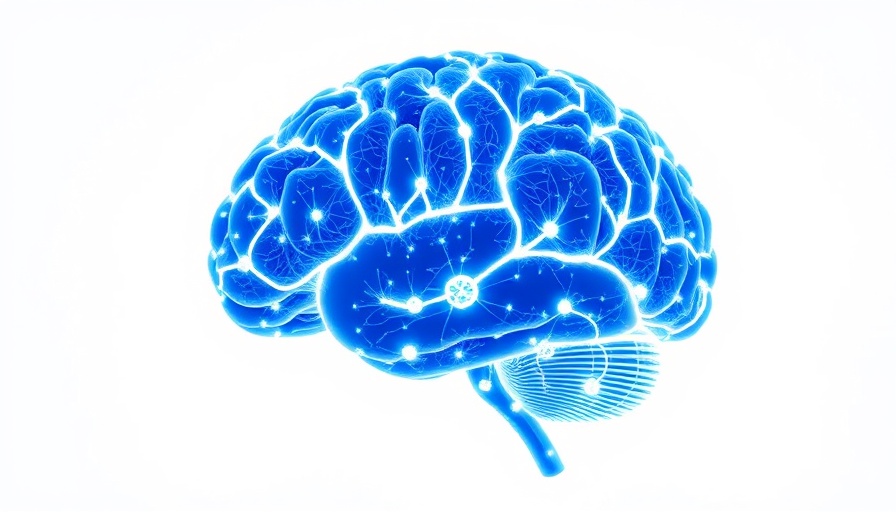
Unlocking the power of BDNF: a game changer for mental health
Brain-derived neurotrophic factor (BDNF) is emerging as a crucial player in the battle against depression, fundamentally changing how we understand mental health. This neurotrophic factor not only stimulates the growth of new neurons but is also linked to how our brain responds to stress and emotional challenges. But why does this matter? Because low BDNF levels have been rigorously correlated with atrophy in critical brain regions like the amygdala and hippocampus, areas vital for regulating mood and anxiety.
The transformative role of exercise
Let’s talk about exercise. Regular physical activity doesn't just sculpt our bodies; it transforms our brains. Elevating BDNF levels through exercise could very well prevent or alleviate depression. Studies show that engaging in an hour of cardio daily can quadruple BDNF release within just three months. Exercise primes our brains for optimal performance, preparing us to think sharply when under pressure. This isn't just a theory; it's backed by empirical data showcasing the neuroplastic benefits of routine physical activity.
Fasting: the surprising ally in mental health
Interestingly, fasting acts as another powerful stimulus for BDNF production. When our bodies face calorie deficits, our brains leap into action, churning out BDNF to maintain mental acuity. Fasting can set off a cascade of beneficial responses at the cellular level, which might help to clarify why cutting back on calories is associated with improved mood.
Dietary heroes: flavonoids and more
Now, let’s pivot to our plates. What we eat has profound implications on our BDNF levels—and thus, our brain health. Flavonoids, abundant in fruits and vegetables, are particularly beneficial. The Harvard Nurses’ Health Study established that those with a higher intake of flavonoids significantly reduce their risk of depression. Berries, dark chocolate, and even onions are dietary champions, working tirelessly to elevate BDNF and boost mood.
Turmeric: the golden spice
This brings us to turmeric, often hailed for its anti-inflammatory properties. Just a teaspoon of this potent spice can raise BDNF levels by over 50 percent in a month. Regular incorporation of turmeric can be an easy, flavorful addition to your routine, setting up an environment in your brain that favors mental wellness.
The nutty truth: a handful goes a long way
Diving into the research, the PREDIMED study substantiates another dietary ally: nuts. Participants receiving weekly portions of nuts reported a staggering 78 percent reduction in the risk of low BDNF levels. A handful of nuts a day might be all it takes to bolster our mental defenses. Who knew healthy snacking could have such profound implications for mental health?
Beyond depression: the schizophrenia connection
BDNF doesn’t just impact those battling depression. In schizophrenia, BDNF levels also become a crucial focal point. A 12-week exercise program for individuals with schizophrenia notably improved BDNF levels and enhanced psychiatric symptoms like hallucinations. This underscores the urgent need for treatment methodologies that utilize exercise, opening the door for non-pharmacological approaches to mental health treatment.
Interconnecting exercise and nutrition
So, what’s the take-home message? Elevating BDNF isn’t just about a single strategy; it’s about embracing an integrated lifestyle change. Pairing exercise with a diet rich in flavonoids, nuts, turmeric, and proper fasting can synergistically elevate BDNF levels, thereby promoting mental wellness.
This isn't merely theoretical; it’s a call to action. If depression is a thief that robs us of our vitality, then BDNF serves as a potent tool in our arsenal. On the frontlines of mental health, we have the power to reclaim our brains and reshape our lives—without relying on pharmaceuticals that often come with a laundry list of side effects.
 Add Row
Add Row  Add
Add 




Write A Comment